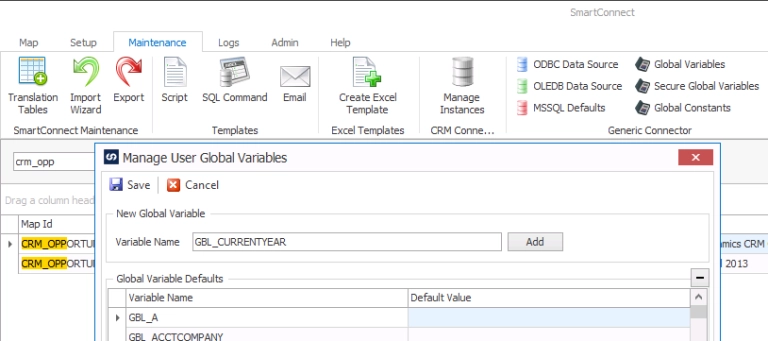I was looking at a software renewals report today and found that a number of companies were not renewing their AEP with eOne as they ‘had switched from GP to another ERP’. This got me thinking about the costs and effort involved in making such a switch in ERP. I then got to thinking about how many of those companies that made a switch found themselves to be ‘happier’ with their new software.
For a mid-market company to implement a brand new mid-market ERP solution the true cost is quite surprising. Things to include are:
- Software Outlay Costs
- Hardware/hosting costs
- Process Review and Design
- Internal Training
- Consulting Services for setup and configuration
- Down Time
- Frustration and potential loss of staff
- Running Parallel
- New Reporting Systems and structure
- Incorrect data and troubleshooting data
- Integration with existing systems
- Tie in with Website
For a company of say 50 people, I would be very surprised if they were able to calculate a true cost at anything less than say $500,000 dollars. While the software might be a monthly payment or say $50,000 for an upfront purchase – if you put a value on internal time required to deliver the new ERP – you would soon be well over that $ amount. For the sake of this article let’s round it down to $300,000.
$300,000 is a great deal of money to spend for a mid-size company. Given in my humble opinion – most mid-market ERP solutions are reasonably similar in functionality – what is it that would cause someone to jump to a new ERP? A few of the reasons we have been given for companies moving away from Dynamics GP are . . .
- Needed better Reporting.
- System was too slow on version 9.
- Wanted to go cloud for all our apps.
- Did not like GP.
- Never really understood the ERP – and it was too complex.
- Was convinced by Microsoft to move to AX.
- The CEO’s friend told him XXXX was better.
Nearly every response we receive is very general, like these above. Very few (none) were what I would call a good reason for a change which would be something like “Our business has changed and we have a big need for and extraordinarily complex purchasing system that interfaces with our Chinese partners double byte system.” I understand if there is a very specific piece of functionality not provided by your current solution and you ‘need’ it as part of your ERP. Even then I will question the decision.
If you are currently using a ‘reasonably modern ERP solution – such as Dynamics GP (but same goes for NAV, Epicor, Netsuite, some Sage products, Solomon etc) I would find it very difficult to find a reason to switch applications.
- On a SQL database – reporting is very powerful regardless of the ERP business rules.
- Speed of operation probably has more to do with your hardware setup and the way you are using the software.
- Cloud? I am a big fan but this is hardly a trigger point to switch ERP and cause internal upheaval.
- If you do not like your ERP or find it too complex – it is more likely because you have not taken the time to understand it. It’s like me saying I don’t like Facebook – when in reality I have never taken the time to understand it.
- Was convinced by Microsoft – well, you really should make your own decisions.
- The CEO’s friend’s business is different to yours. Guaranteed.
I am not saying that all ERP are identical – but I am saying they are very much alike. Most companies could run happily on most ERP software. The real power of an ERP solution is the time and energy you put into it. It is in fact a lazy and easy way out for a CFO or IT manager to say ‘lets switch ERP solutions.’
So before you make any switch – but especially if you are a company using Dynamics GP right now – here are a few things you must do first:
- Assemble your internal GP/ software gurus in a room. If you do not have at least 3 of them – you are in no position to make a decision. (This may include a passionate IT guy, FC or end user.) So train or employ the right people. You need this regardless of the software you use. Look at your internal reporting – are you getting what you need? There are hundreds of ways to get the data you need from just about any system. Call in a reporting expert.
- Look at ‘best of breed solutions’. Look for very specific solutions that do what you need. ERP’s are never best of breeds, they try to do everything for a business – and can never achieve it. Adding together 3 super solutions – will give you better results
- Integration – tie your ERP and your point solutions together. This lets you give the right people the right information at the right time. Get clever and set high expectations from your system. Most companies use only a fraction of what they own – so make sure you leverage it.
If you were to take $100,000, the $300,000 or even the half mill – and spend it on getting your current systems right – you will be way, way further ahead than if you spent all that time and energy switching ERP systems.
